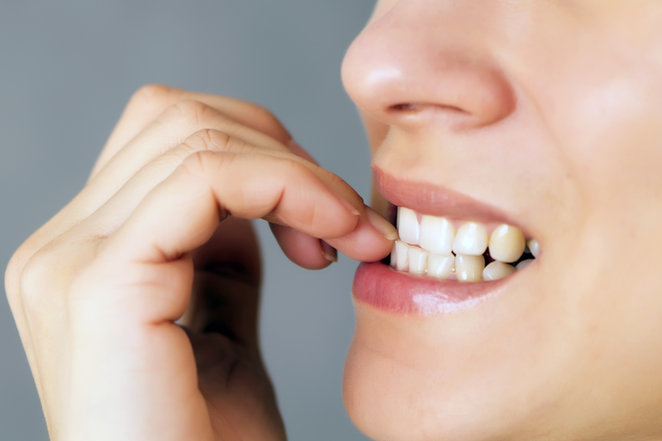Almost forty-two percent of children suffer from tooth decay, ranging from age two to eleven years. Furthermore, there are about twenty-three percent of people who are struggling with cavities. Children’s teeth are more susceptible to developing cavities. It is because of their eating habits, which may include a lot of junk.
As parents, you can incorporate healthy oral hygiene practices from the beginning to avoid dental problems. Children may not have an idea about the symptoms that they need to look for when it comes to cavities; therefore, as parents, you need to educate them.
In Sunrise, AZ, you can find many dental care services providing solutions to various dental problems that children might be facing. Treatments such as dental crowns and pulpectomy can fix about eighty percent of the cavities in children. In this blog, we are going to see how these two differ and how they work.
If you ensure your child’s oral health is intact, take them for regular dental cleanings. It is also beneficial in overcoming dental anxiety, which can be shared among children. Contact a dentist in Surprise, AZ, and treat your child’s cavities.
What do you understand about pulpotomy?
As you might already be aware, there is pulp in every tooth. It is something that needs to be protected as it is susceptible. Enamel does the work of protection here. If your child’s outer layer of a tooth becomes infected, their pulp is likely to get affected, and infection may spread there as well.
A pulpotomy is a procedure that can help in such cases. It can help in removing the infected pulp and thereby save that tooth from further damage. Depending on how deep the cavity might be, the procedure needed to be used will differ.
As seen in the root canal, pulpotomy also helps in re-filling the tooth by making use of some absorbable material. In children, a pulpotomy can save the tooth and also create space for permanent teeth to be there. If you have a baby tooth removed too early, the child can have:
- Alignment issues in the future.
- Finding it difficult to chew.
- Overcrowded teeth can be there.
- Problems associated with speech development.
If you want to avoid this procedure for your child, try to ensure that your child is following good oral hygiene practices.
Can pulpotomy cause pain?
The answer is no; pulpotomy is not only painless but also less invasive than other treatments, such as root canals. The dentist usually uses local anesthesia to make sure the child remains calm and comfortable throughout the procedure.
The numbness is going to be there for some hours, even after the treatment is done. Once the anesthesia wears off, you are going to feel soreness around the treated tooth. This is normal and nothing to worry about. Use a cold compress for comfort.
How do dental crowns help children?
As seen with pulpotomy, dental crowns also protect teeth by putting a cap on them, thereby protecting baby teeth from any further damage until they fall out. Usually, crowns are used when the cavity is large or covers more area. Crowns are not only suitable when it comes to durability but are also cost-effective.
The procedure is not long either and can be done in a single visit. This ensures that the child remains comfortable and calm during the procedure. If the child is facing tooth decay, has chipped teeth, or does not have a tooth, crowns can be used as a replacement until finally permanent teeth appear. Here are some tips as to how you can avoid dental crowns for your children:
- Try to make them brush their teeth twice a day and floss daily.
- Do not let them chew on hard food.
- Make use of a mouthguard to protect the teeth.
- Go for regular checkups.
Seek treatment at the earliest!
When you start to see symptoms in your child’s mouth, do not wait it out; take your child to the dentist. The sooner you get the problem treated, the better.





